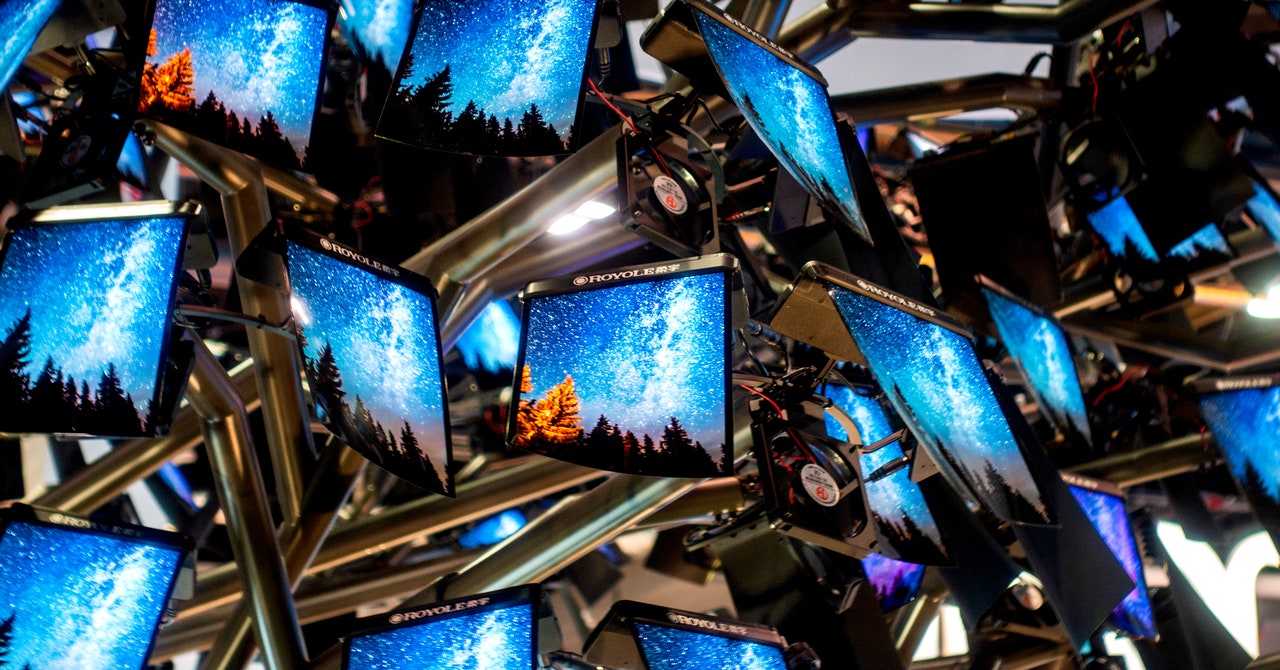Ever since the onset of the Covid-19 pandemic in early 2020, fresh irony has been injected into the “What to Expect” genre of journalism. What to expect from a massive trade show? Who knows! Who knows if it will even happen! But this one is happening—at least for now. This is the big one: CES, the giant annual consumer electronics fest in Las Vegas, Nevada. And it’s happening both IRL and online.
We don’t know yet exactly how many tech makers, marketers, and analysts are still feeling bold enough to attend in person, where proof of vaccination will be required. The last time CES was held in person, in January 2020, an estimated 170,000 people attended. Last year, in 2021, we experienced CES entirely through our screens. That wasn’t much fun, but then again, neither is dodging microscopic virus particles in a crowded casino.
When WIRED spoke to the Consumer Technology Association in mid-December, the trade organization that puts on the show, the CTA declined to share how many people have registered for the event this year. And since then, a number of large tech companies have backed out of attending the show, including Google, Microsoft, Amazon, Lenovo, Intel, T-Mobile, AT&T, Meta, TikTok, and Pinterest. More than 150 companies have marked their attendance as “digital only.” And just two days ago, the CTA shortened the event by a day—from four days to three—due to pandemic concerns.
“What we’ve been seeing with trade shows in general is that they have about 30 to 50 percent attendance from prior years,” says Jean Foster, senior vice president of marketing for the CTA. “If we end up in that 50 percent range, we’ll be doing pretty well.”
What we do know is that all of the on-stage keynote presentations will be livestreamed for remote attendees. A few emerging categories of tech will be highlighted this year, like NFTs. The automotive portion of the show has grown even more significant from years prior, and keynote speakers include GM chief executive Mary Barra and US Secretary of Transportation Pete Buttigieg. Digital health will still be top of mind, everyday household products will be infused with AI, laptop makers will do their best to make things interesting, and, in case you haven’t had enough screens the past two years, there will be giant, brilliant screens. Some of which we may have to view through our own screens: WIRED has also decided to cover the event remotely.
New Frontiers
One of the new categories at the show this year is space tech. Foster says the current “space race” was what nudged the CTA to introduce the category.
“The fact that there’s been a lot of private investment and attention on companies like Blue Origin and SpaceX means there are enough companies now that are interested and would actually come and exhibit,” Foster says. These exhibitors range from Sierra Space, a subsidiary of Sierra Nevada Corporation that’s been building space planes to carry cargo to the ISS; to Zero-G, which charters private zero-gravity flights.
